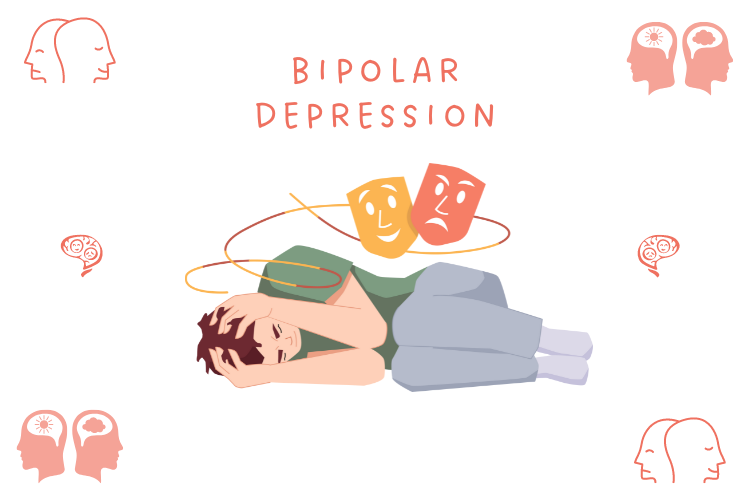Schizophrenia is a complex and enigmatic mental disorder that has fascinated researchers, healthcare professionals, and society for centuries. Often misconstrued and misunderstood, it affects millions of people worldwide, making it one of the most significant challenges in mental health care. This blog aims to shed light on what schizophrenia is, its symptoms, potential causes, available treatments, and ways to support those living with this condition.
Understanding Schizophrenia
Schizophrenia is a chronic and severe mental disorder that alters a person's thoughts, emotions, and behaviors, making it difficult to distinguish between reality and delusion. Although it can manifest differently in each individual, some common symptoms include hallucinations, delusions, disorganized thinking, abnormal motor behavior, and impaired social functioning.
Symptoms of Schizophrenia:
1. Hallucinations:
Individuals with schizophrenia may experience hallucinations, where they perceive sounds, sights, smells, tastes, or sensations that do not exist in reality. Auditory hallucinations, especially hearing voices, are the most common type.
2. Delusions:
People with schizophrenia often have fixed, false beliefs that are resistant to logical reasoning. These beliefs can be paranoid (feeling persecuted or spied upon), grandiose (exaggerated sense of self-importance), or bizarre in nature.
3. Disorganized Thinking:
Schizophrenia can cause disorganized thought patterns, leading to incoherent speech and difficulties in expressing thoughts cohesively.
4. Abnormal Motor Behavior:
Patients may exhibit a range of unusual movements, including unpredictable and repetitive gestures or catatonia, wherein they remain immobile for extended periods.
5. Impaired Social Functioning:
Schizophrenia often interferes with an individual's ability to maintain relationships and engage in daily activities like work or school.
Causes of Schizophrenia:
The exact cause of schizophrenia remains unclear, but research suggests that it is likely the result of a combination of genetic, environmental, and neurobiological factors. Some contributing factors include:
1. Genetics: Individuals with a family history of schizophrenia have a higher risk of developing the disorder. However, it's important to note that having a family history does not guarantee the development of schizophrenia.2. Brain Chemistry and Structure: Certain imbalances in neurotransmitters, particularly dopamine, and structural abnormalities in the brain have been associated with schizophrenia.
3. Environmental Factors: Prenatal exposure to infections, maternal stress, malnutrition, and complications during birth may increase the risk of developing schizophrenia later in life.
4. Substance Abuse: The use of certain substances, particularly psychoactive drugs, can trigger or worsen symptoms in individuals with a predisposition to schizophrenia.
Treatment and Management:
While there is no cure for schizophrenia, it is a treatable condition. The treatment approach typically involves a combination of medication, psychotherapy, and psychosocial interventions. Antipsychotic medications are commonly prescribed to reduce symptoms and prevent relapses. Therapies such as cognitive behavioral therapy (CBT) and family therapy can help individuals cope with the challenges of the condition and improve social functioning.
Support and Understanding:
Living with schizophrenia can be extremely challenging for individuals and their families. Support from loved ones, community resources, and mental health professionals plays a crucial role in helping individuals manage their symptoms and lead fulfilling lives.
It is essential for society to be more compassionate and understanding towards those with schizophrenia. Reducing stigma and providing education about the condition can encourage affected individuals to seek timely treatment and support.
Conclusion
Schizophrenia is a complex mental disorder that affects millions of people globally. Its symptoms can be distressing and debilitating, but with the right treatment and support, individuals with schizophrenia can lead fulfilling lives. By fostering understanding, promoting research, and advocating for better mental health care, we can work towards improving the lives of those affected by schizophrenia and create a more inclusive and compassionate society.



